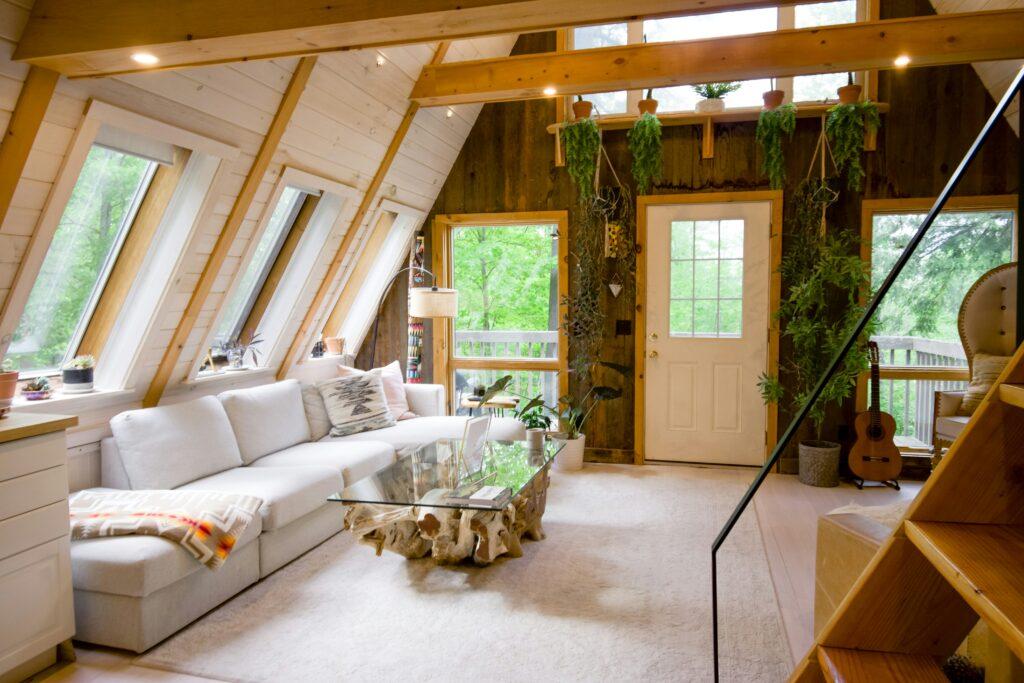The Pros And Cons Of Starting An Airbnb-Based Business

According to Airbnb’s newsroom, guests of the short-term rental company traveled to more than 200 countries and regions as well as more than 100,000 cities and towns in 2023— making it the most diverse year of visited areas than ever before on the platform.
There were also more than 448 million bookings worldwide in 2023, which is a 14% increase from the previous year. With the continued expansion of desired travel destinations and increase of Airbnb guests, the demand for more hosts is higher.

SOURCE: UNSPLASH
For those that are looking for new career alternatives or a side hustle to drive in extra income, Airbnb hosting may be the perfect pivot for you. Before jumping on the prospect too quickly though, we looked into both the pros and cons to factor in prior to you making your final decision.
Find out if Airbnb hosting could fit into your future business venture goals.
Pro: There can be major tax advantages.
If you choose to take part in listing your property as a rental, there are several tax advantages you can utilize. According to TurboTax, it’s important to first learn about the 14-day rule— which can be a huge factor in determining the best way to file. For instance, if you rent out your property for no more than 14 days in the year and use the vacation house yourself for 14 days or more during the year, then you won’t have to report this income.
If you do rent your property for over 14 days, however, then you have the potential to deduct certain business expenses such as the Airbnb host service fee.
One thing to note though, is that there are several tax exceptions depending on the location of where you’re conducting business as well as your unique rental scenario. We recommend consulting a tax advisor for personalized filing recommendations.
Pro: You’re not alone in the process.
When hosting with Airbnb, the company won’t leave you alone during the process. In fact, they have an entire resource page on their website filled with videos and articles that serve as guidance for when you’re listing your property for a short-term rental. From measures in place to ensure you’re protected as a host from unsafe guests to advice on pricing your rental competitively, allow them to mentor you during the process. Plus, consulting counsel elsewhere could cost you additional money in the future.
Con: Regulations and restrictions vary by location.

SOURCE: UNSPLASH
Before becoming an official host, it’s best to look into the regulations and restrictions at your property location. New York City, for example, is an area where you may either have to register with the city to rent out your property for short-term status or have Class B status. To find out what mandates are in place, Airbnb has provided a resource page to help give the majority of needed information all in one spot.
Con: Initial startup costs can be pricey.
Even if you already own the property that you want to use for short-term rentals, startup costs can add up quickly. According to Six Figures Under, a personal finance website launched by a couple who launched an Airbnb–based busijness, the cost totaled $3,932, almost double what they were expecting to pay. This included home basics, furniture, and kitchen and bathroom supplies.
If you decide to host and rent out a property, it might be best to create a spreadsheet beforehand to better illustrate the potential expenses up front. In their breakdown, the couple also noted that looking into second-hand sellers could help in lowering costs— which is an option they would take advantage of in the future.






